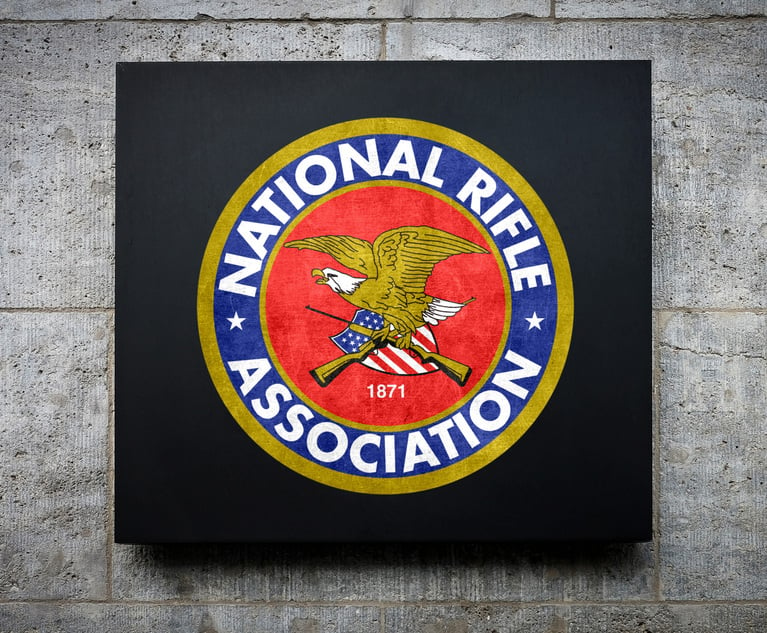Many Americans think it odd that senators act as both judges and jury in the impeachment process, not to mention that some announce in advance of the trial how they will vote. This concern is not new. Some senators at President Bill Clinton’s impeachment trial also voiced strong views in advance of the evidence, and those trying President Andrew Johnson did the same. Unlike a potential juror in a generic criminal trial who expresses a pro-defense or prosecution bias, senators are automatically seated without voir dire. There is no law or convention that disqualifies a senator because of predisposition, self-interest or political affiliation. One may reasonably ask, then, why is it that the Senate was selected to try an impeached public official?
Alexander Hamilton argued in Federalist Papers No. 65 that the Senate was the appropriate body to conduct an impeachment trial. “Where else than in the Senate,” he asked, could be found “a tribunal sufficiently dignified, or sufficiently independent?” He continued: “What other body would be likely to feel confidence enough in its own situation to preserve, unawed and uninfluenced, the necessary impartiality between an individual accused and the representatives of the people, his accusers?” (emphasis in original).


 Senator Richard Blumenthal (D-CT), left, walks to the Senate floor at the U.S. Capitol in Washington for the second day of the Senate Impeachment trial against President Donald Trump, on Wednesday, January 22, 2020.
Senator Richard Blumenthal (D-CT), left, walks to the Senate floor at the U.S. Capitol in Washington for the second day of the Senate Impeachment trial against President Donald Trump, on Wednesday, January 22, 2020.




